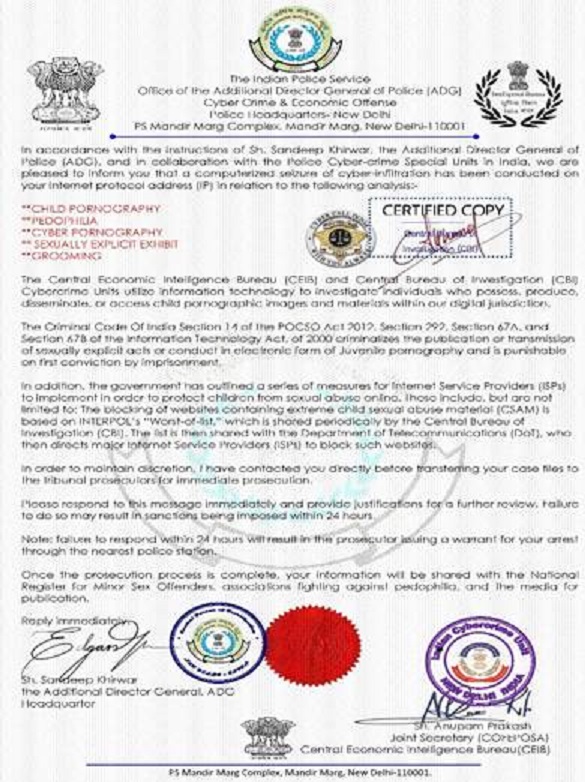In the backdrop of the global impact caused by the COVID pandemic, the much-anticipated Union Budget 2021 was presented in paperless form. The Finance Minister kept her promise of a ‘Budget like never before’ that was widely cheered for its focus on economic growth with key focus on infrastructure and healthcare. To add to the euphoria, the Budget contained certain relief and reforms such as reducing the period of reopening the past tax assessments, incentivising digital business and startups and extending faceless assessment at an appellate level.
The blueprint of the Finance Bill brought out several other changes; although these did not find a place in the Budget speech, they did provide answers to some much-needed clarifications that had been litigated in the past. Through this article, let us look at some of the key changes introduced in the Mergers and Acquisitions (M&A) space involving corporate structuring and deals.
1. ‘Slump sale’ scope widened: The transaction of business transfer for an agreed consideration is taxable as capital gains in the hands of the seller. However, the mention of the word ‘sale’ and not ‘exchange’ in the definition of slump sale gave rise to an interpretation that only when the consideration for slump sale is discharged in cash, the taxing provisions of slump sale arise. In cases where the consideration is settled for modes other than cash (typically known as slump exchange), a dispute has arisen on its taxability since it technically does not get covered under the definition of slump sale. This dispute has now been clarified with the proposed amendment under which the definition of slump sale has been widened to include all types of transfers, thereby making slump exchange transactions clearly taxable.
2. ‘Goodwill’ no longer a depreciable asset: Goodwill of a business or profession has never been specifically included in the definition of ‘assets’ or ‘block of assets’ under the Indian tax laws. However, given its nature and enduring benefits, taxpayers have been claiming tax depreciation on goodwill by treating the same as an intangible asset eligible for depreciation. Although the position on paid goodwill did find support from various case laws, the position on capitalised goodwill under a business structuring exercise found support from the Supreme Court. It has been now proposed that goodwill (whether purchased or self-generated) shall not be considered as a depreciable asset, and therefore, is no longer eligible for the claim of tax depreciation. Only in case of purchased goodwill will the cost of such goodwill (and if depreciation claimed in the past, then its written down value) be eligible for deduction on its subsequent sale.
This may cause a genuine hardship to investors who pay a significant consideration towards the goodwill of the acquired business, which would no longer be treated as a depreciable asset for tax purposes.
3. Taxing distributions on dissolution/ reconstitution of firms: In another important amendment, any distributions (either in form of money or any other asset) by a partnership firm to its partners at the time of its dissolution or reconstitution shall be taxable as capital gains. For computing such gains, the balance of a partner’s capital account shall be considered, and any increase in the capital account balance of the partners due to revaluation of any assets or recording of self-generated goodwill or other self-generated assets shall be ignored for computation purposes.
4. Other key amendments:
(a) Relief to ‘all’ Public Sector Companies (PSUs): The existing benefit of carry forward and set off of accumulated losses and unabsorbed depreciation of amalgamating PSU(s) by amalgamated PSU has been extended from aircrafts operating PSU to all the PSUs, irrespective of their business. This is done to facilitate the strategic disinvestment of PSUs, which is one of the key focus areas of the Government of India this year.
(b) No withholding tax on dividend payment to business trusts: The Finance Act, 2020 had abolished the Dividend Distribution Tax and shifted the incidence of tax on dividends to the shareholders. Pursuant to this shift, companies are required to withhold appropriate taxes before paying the dividends to their shareholders. However, the issue of withholding tax by the special purpose vehicle (SPV) on the distribution of dividend to a business trust (Real Estate Investment Trusts and Infrastructure Investment Trust) remained unaddressed and caused undue cash trap hardship for such business trust as they were pass-through and were not taxable on the dividend income. With the welcoming amendment, SPVs are no longer required to withhold taxes on dividend payment to business trusts.
(c) Withholding tax on payment of dividends to Foreign Institutional Investors (FIIs)/ Foreign Portfolio Investors (FPIs) – For withholding tax determination on dividends to FIIs and FPIs, the benefits of lower tax rate under the applicable Double Taxation Avoidance Agreement is possible subject to such FII/ FPI furnishing a valid tax residency certificate.
In summary, the Budget came at a crucial time when expectations were high and anxiety was even higher, and there was an immediate need to lift the spirits of the country. Intending to deliver on those parameters, the Budget, on the one hand, provided clarity on some long-standing tax issues and simultaneously focused on enhancing the ease of compliance and overhauling the tax administration system to ensure transparency and boost investor confidence. Having said that, some open questions remain unanswered. How and when they will be answered, only time will tell. Till then, we will keep sharing insights on what’s brewing!
*****
Authors: Amit Bahl, Partner, Deals Tax and Nikhil Goenka, Director, Deals Tax, PwC India.
The views covered are personal to the author and the article includes comments from Shubham Aggarwal.



























